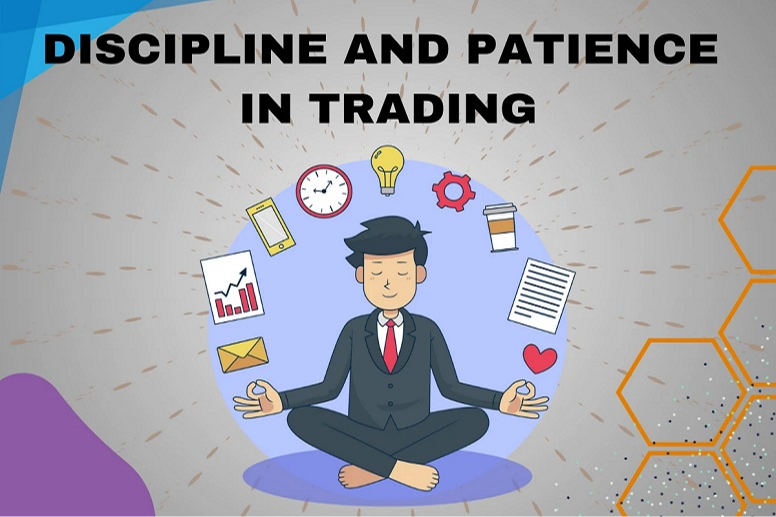
The Importance of Discipline in Trading
Discipline is often cited as one of the most crucial attributes of a successful trader. In the fast-paced and often unpredictable world of financial markets, maintaining discipline can mean the difference between consistent profits and substantial losses. Here are several reasons why discipline is vital in trading.
1. Adhering to a Trading Plan
A well-defined trading plan outlines your strategies, entry and exit points, risk management techniques, and financial goals. Discipline ensures that you stick to this plan, avoiding impulsive decisions driven by emotions. By following your plan, you create a structured approach that can help you make rational decisions based on research and analysis rather than gut feelings.
2. Managing Emotions
Trading can evoke a range of emotions, from excitement during a winning streak to fear and anxiety during downturns. Discipline helps you manage these emotions, preventing them from influencing your trading decisions. Emotional trading often leads to mistakes, such as holding onto losing positions for too long or making rash moves based on fear of missing out (FOMO). By practicing discipline, you can maintain a level-headed approach and make more informed decisions.
3. Risk Management
Discipline is crucial for effective risk management. Successful traders understand that not every trade will be profitable and that losses are an inherent part of trading. By sticking to predefined risk management strategies—such as setting stop-loss orders and limiting the amount of capital risked on each trade—you can protect your portfolio from significant losses and ensure long-term sustainability.
4. Consistency in Performance
Discipline fosters consistency, which is key to achieving long-term success in trading. Traders who lack discipline may experience erratic performance due to impulsive trading behaviors. By maintaining a disciplined approach, you can develop a consistent methodology, allowing you to evaluate your performance objectively and make necessary adjustments to improve your trading strategies.
5. Developing Patience
Patience is a fundamental component of trading discipline. Many traders struggle with the temptation to jump into trades too quickly or to exit positions prematurely. A disciplined trader recognizes that the best opportunities may take time to materialize and is willing to wait for the right setups. This patience can lead to more favorable outcomes and enhance overall trading success.
6. Continuous Learning and Improvement
Discipline also extends to the ongoing process of learning and adapting. Successful traders continually analyze their trades, review their strategies, and seek ways to improve. By maintaining discipline in this self-reflection and learning process, traders can evolve and refine their skills, leading to greater success in the long run.
Conclusion
In trading, discipline is not merely a trait; it is a necessity. It empowers traders to adhere to their plans, manage their emotions, practice risk management, and develop consistency. By cultivating discipline, traders can enhance their performance and increase their chances of achieving their financial goals. Remember, in the world of trading, patience and discipline often yield the most rewarding results.
